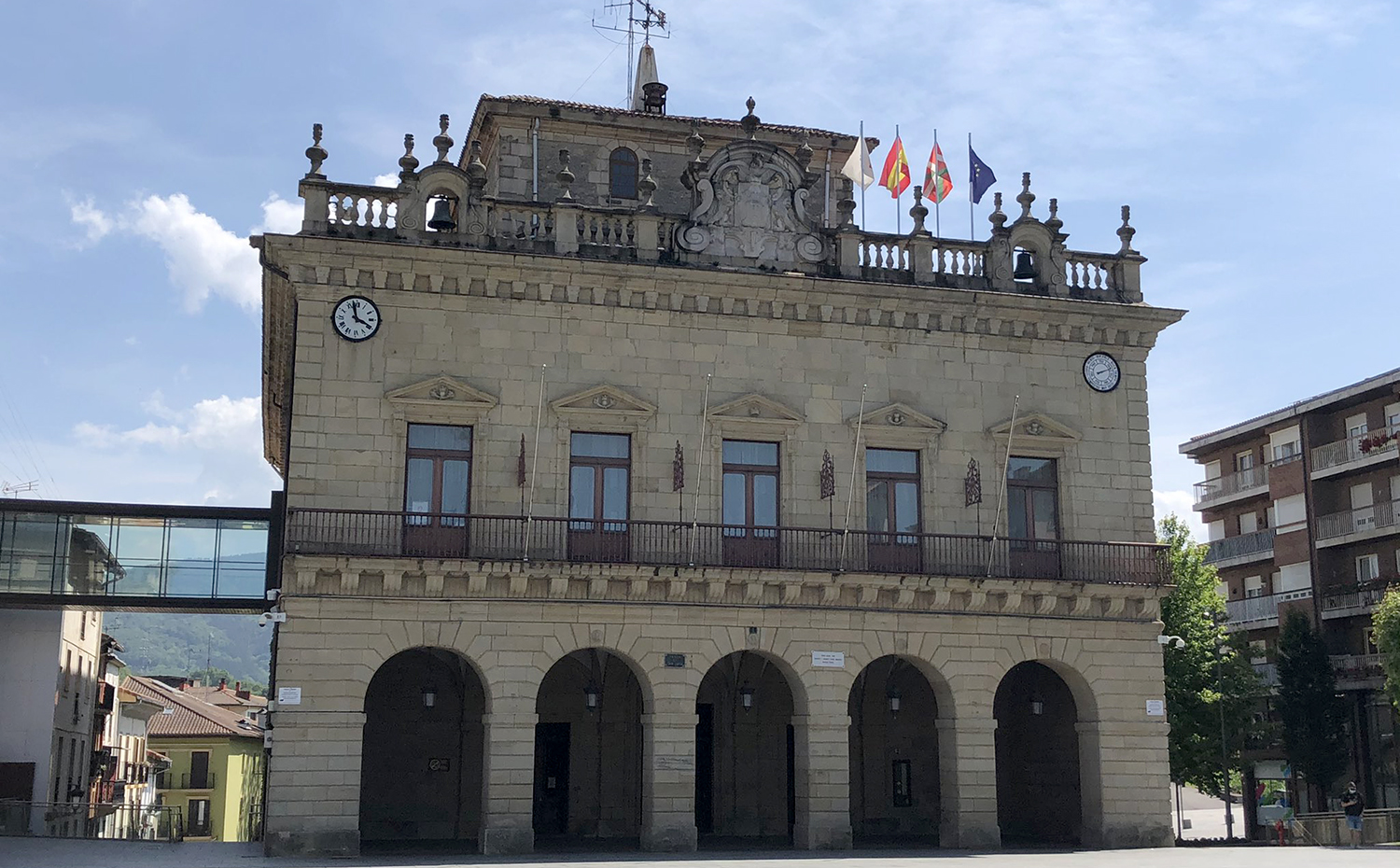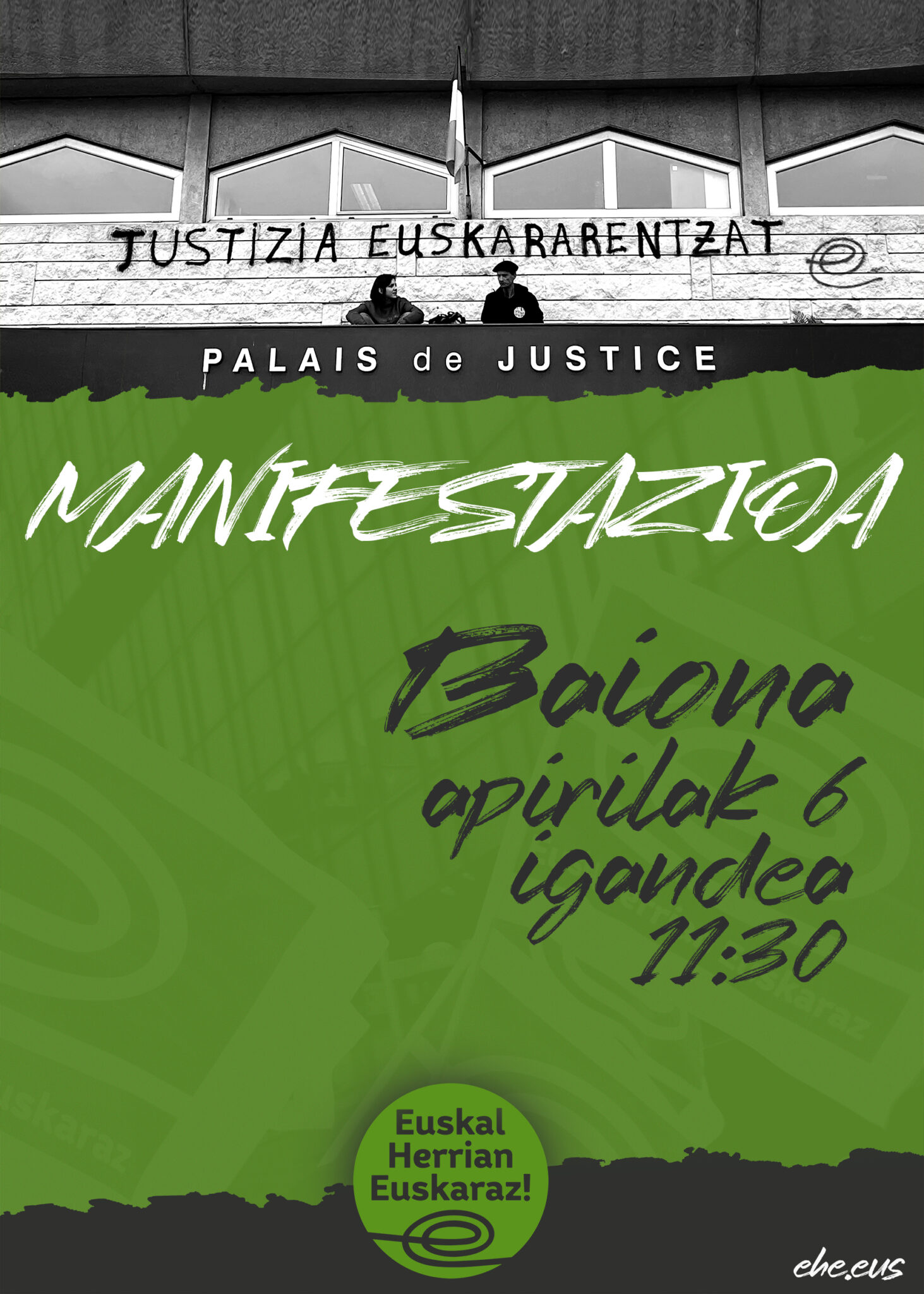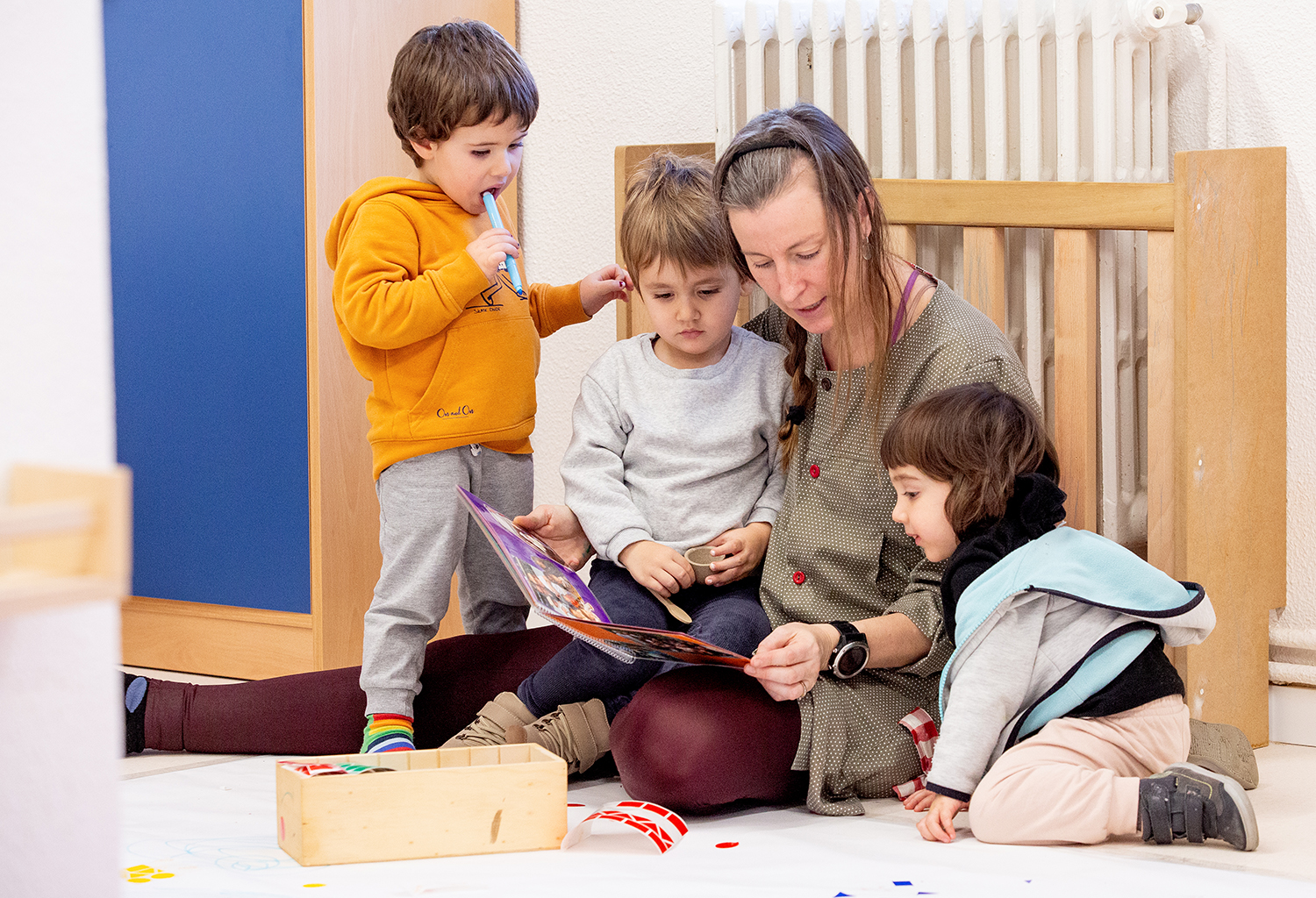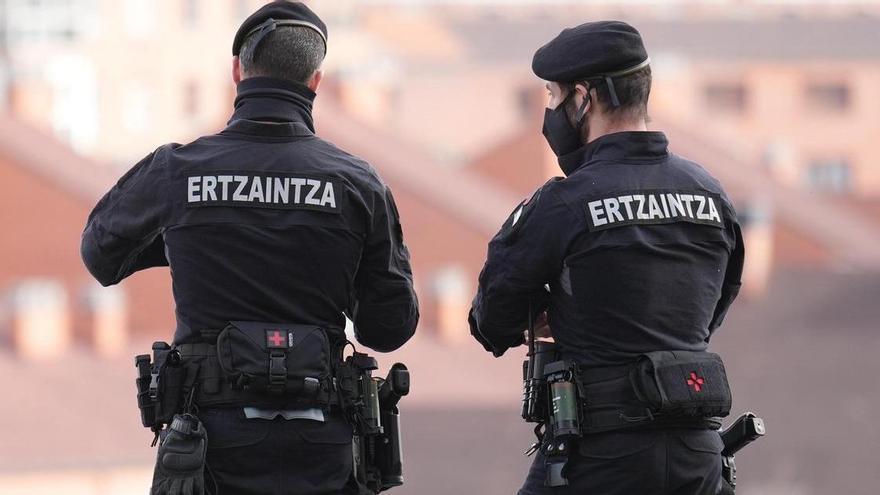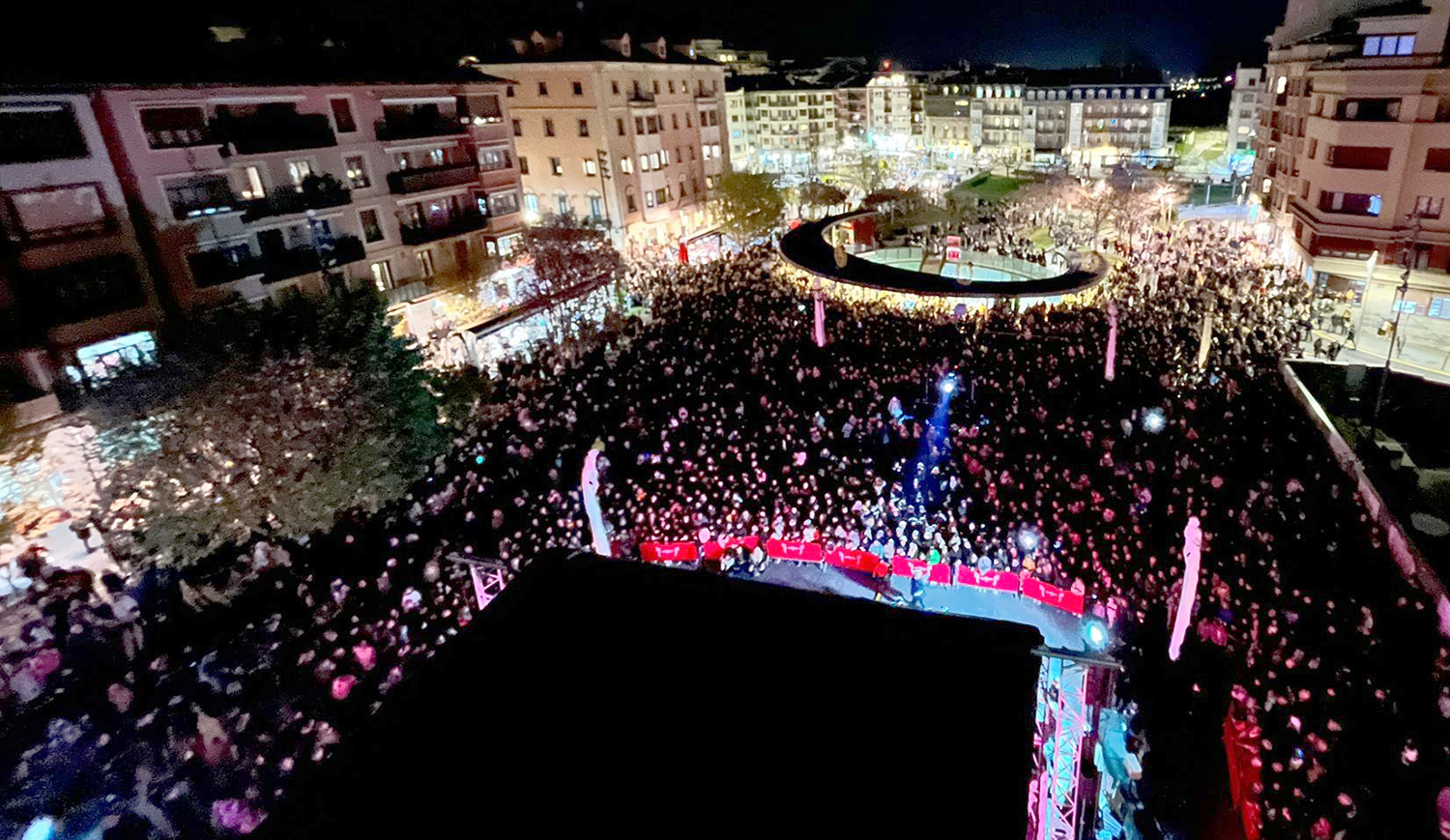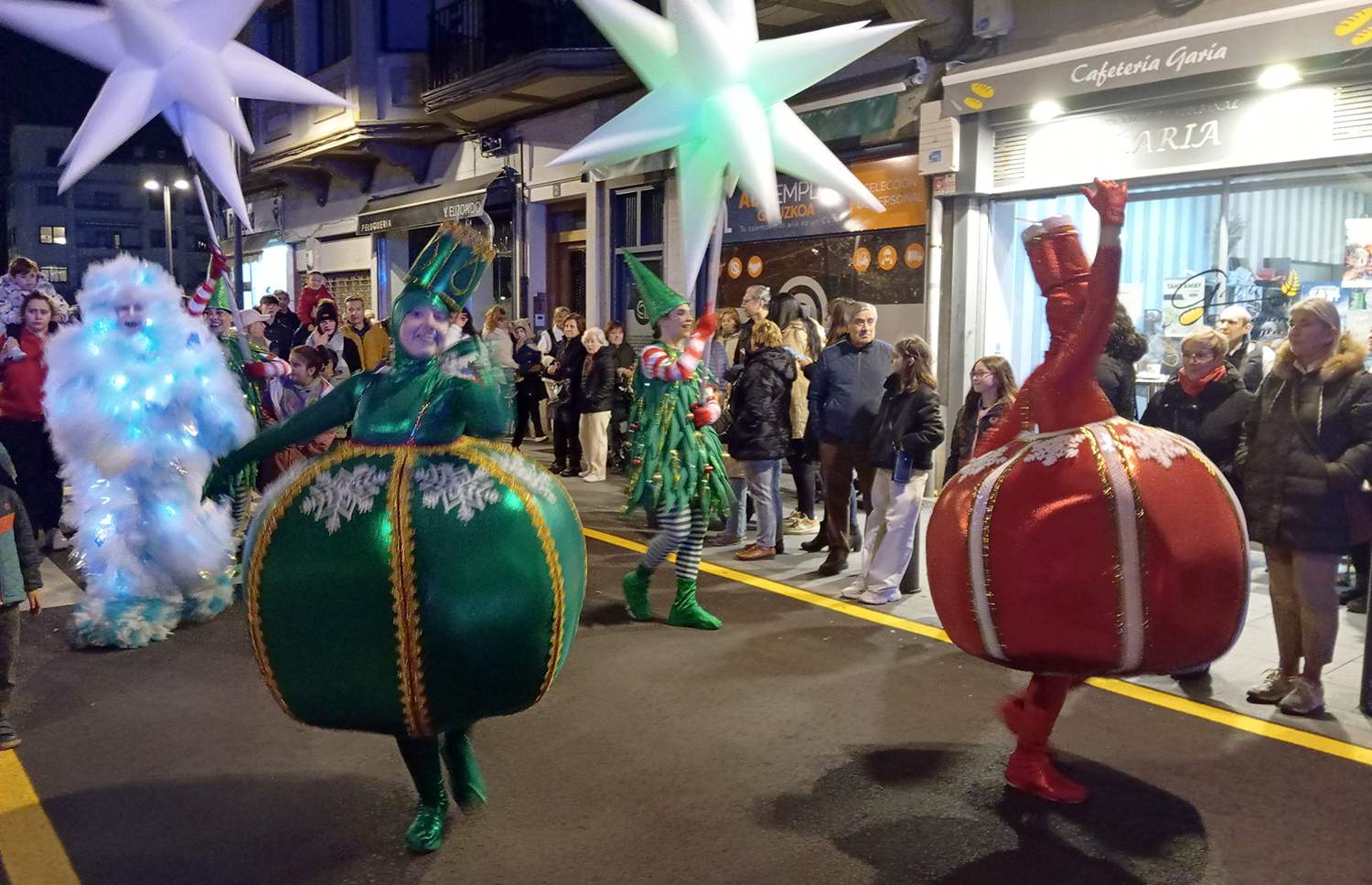Ainize Madariaga: "In one's own language, non-life boosts the person's identity, disposing of it"
- “The drowned community. Ainize Madariaga Muthular has just published with UEU the book “The Trauma of the Speaker: Diagnosis and Palliative”. He holds a degree in Social Anthropology and works in the Berria newspaper. The book has been presented at Sara's recently completed Writers' Congress. We have interviewed him.

The book contains the testimony of a Basque who is doing psychotherapy. From one day to the next, the family language was forbidden (name invented to guarantee anonymity). What has led you to her?
My inner journey of language has brought me to it – I have taken Karmelo Ayesta’s journey of language. Since I was very young, I have the subject inside of me, but I didn't realize it until I found the TELP workshops. In them, because I realized the consequences of living in a language that is not normalized in everyday life, that constantly crosses my body. Thanks to the tactics shown to us, my inner core has been weakened in part; although, of course, we do not live in a normal and healthy linguistic and socio-linguistic situation. On this journey, I decided to do a master's degree in sociolinguistics at the UPV/EHU, and to do the final work, all the stars aligned: I met this person who was doing psychotherapy, now just finished, at the right time, and I accepted the proposal of this work. It's made me a gift, it's very appreciable to what extent it's shared its most intimate intimacy.
The first time I was told informally that in the sixth year of psychotherapy, I found out what was bringing him and his daily difficulties, I was stunned. Because all the feelings that I was describing were lived, as speakers, in one way or another. I thought it was necessary for the whole community to know, for us to be aware that it is not alone. I would like to stress that what this study has worked on is not the prohibition imposed on it from day to day, but the psycho-socio-communicative consequences that this trauma has produced for it today, as well as the possible ways to overcome them.
The interview with the psychotherapist at Jakiunde is also important.
I wanted to know how he helped Jakiunde discover the origin of the trauma. I'm interested in how a professional outside the community has come to that conclusion. He is a therapist with extensive experience and, in this case, confesses that he is tremendously emotional; he makes the case so hard. He wanted and has given me a scientific approach, this is also another gift. It refers to colonialism and amputation; the community has given definition and meaning to what it suffers. An obligatory starting point, if you want to look for exits.
The wise man is constantly talking about shame, fear, self-esteem, guilt.
It has been very nice to collect the testimony, as it is from someone who has worked for years on himself. He has radically researched what has happened to him and it has happened thanks to the resilience of counting, disassembling and rebuilding. Therefore, in this work I have acquired a very hard piece that, in addition to what has happened to him, has happened to him, as he has clearly analyzed the feelings he produces. It has brought me a whole puzzle: self-esteem, shame, complaint, guilt and fear. Everyone has their piece.
Of each of them it is not bad to have a small ray, but, for example, what the Sage experiences is more than a being can endure. Language is so visceral that if you're excited, you're also excited about the person. I don't think we're aware of this in our daily lives. The impossibility of living in one's own language, through these feelings, boosts the identity of the person, disposing of it.
You have taken advantage of the individual to draw more general conclusions. What is the diagnosis you made?
If the speaker community can't breathe, the speaker can't breathe either. The individual emotions that we've mentioned are widespread, extended throughout the community. In fact, although not shared enough, everyone has felt these emotions from time to time on the Basque journey. Supposedly and feeling the only thing we are, we isolate ourselves, we save ourselves. Also, we often feel, but we're not able to detect them, because we don't make sense of them, like, in Freud's sense, we suppress them. If this work could lead to the socialization of these pains, it would be a great contribution. What one lives in his own loneliness has been the subject of terrible oppression, and that is why I have come to these general conclusions: The emotions that the connoisseur so well describes are suffered by the entire Basque community, as part of the community of the language that is abnormally maintained. The connoisseur diagnoses it: colonialism is what this people suffer.
The book also includes tools for speaker welfare. Even if it is not curative, at least soothing, according to his words.
María José Azurmendi recently warned in the Berria interview: “Alone yes, but there are no multilingual societies around the world. Normally, states have an official language, and when they have two, there's no balance between them; there's no example of that in the world. In Canada, for example, one part is French-speaking and another English-speaking, but both are monolinguals.” Therefore, if this abnormal socio-linguistic situation were normalized, giving the Basque his own monolingual nucleus, the speakers would construct themselves correctly, creating whole Txepetxe speakers.
Thus, in the path that the Connoisseur shows, there are tactics that can be worked on individually, to protect themselves and be able to transmit in the best possible sense to others: resilience, creation, self-concentration and proactive behavior, but I think that it is not possible to cure much of these pains as long as the oppression continues.
What is the final objective of this work?
One of them is that the speaker comes out of his loneliness. Going out and socializing. The starting point is to give a name to what happens to it, so as to seek a way out. Making you see what you feel is normal. From the earliest age, I think it would be more useful, because vasco-speakers would learn to seek assertive answers to communicative situations, rejecting the complex, self-government, complaint, guilt, shame, and exalting self-esteem and dignity.
This interview was posted on the website of UEU Buruxkak and we brought it to ARGIA thanks to the CC-by-sa license.
Don't make a fuss, don't confront, don't victimize... and obey. As oppressed subjects, in this case as Basques, we talk, how many times have we had to listen to them? Ironically, two years ago, at the Euskalale Independentiston Meeting, Esne Arzallus said: "We have arrived here,... [+]
Euskal Herrian Euskarazek manifestazioa deitu du apirilaren 6rako, 11n EHEko bi kide epaituko dituztelako. Hiriburuetatik autobusak antolatzen ari dira. Bi helburu bete nahi dituzte, batetik, epaituak izango diren bi kideei babesa erakustea, eta bestetik, euskararentzat justizia... [+]
ELA sindikatuak azaldu duenez, azken Lan Eskaintza Publikoaren oinarrien arabera, Ertzaintzarako eskainitako lanpostuen %20ak eta Udaltzaingoaren %30ak ez daukate euskara-eskakizunik. Gasteizen, adibidez, udaltzain-lanpostuen erdietan, 24tan, ez dago euskara-eskakizunik.
Ba al dakizue frantses batzuk harritu egiten direla mugaren alde honetan ere euskaldunak bagaudela jakitean? Ba bai, harrigarria bada ere, behin, Donostian, frantses batzuei entzun nien sinetsi ezinik beren buruari galdetzen: “Saint-Sébastien est au Pays... [+]
"No entiendo, en castellano por favor" eta gisakoak ohikoak dira eskolako guraso Whatsapp taldeetan, baina Irungo Txingudi ikastola publikoan euskara hutsean aritzeko modu erraz eta eraginkorra dute, behar duenarentzat itzulpen sistema berehalakoa ahalbidetuta.
Gabonetako argiak pizteko ekitaldia espainolez egin izanak, Irungo euskaldunak haserretzeaz harago, Aski Da! mugimendua abiatu zuen: herriko 40 elkarteren indarrak batuta, Irungo udal gobernuarekin bildu dira orain, alkatea eta Euskara zinegotzia tarteko, herriko eragileak... [+]












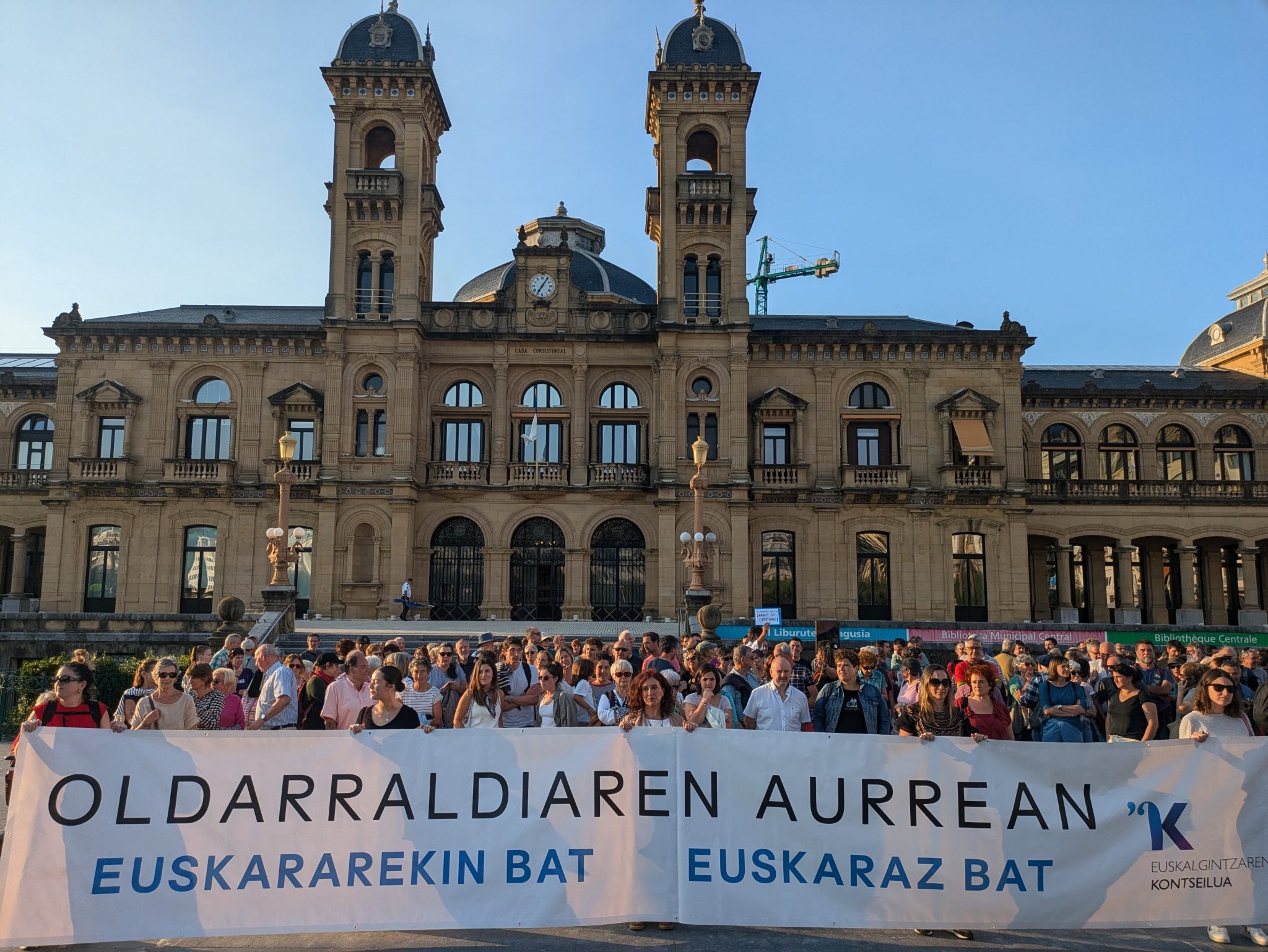

.jpg)
